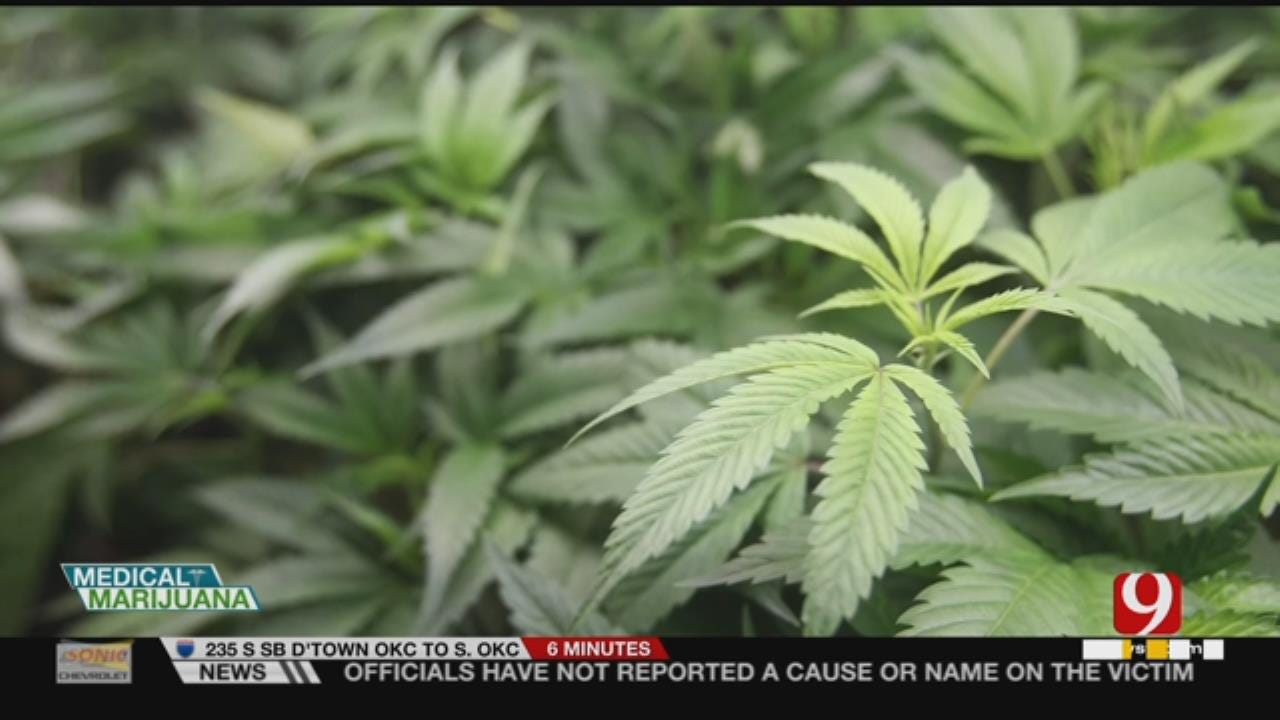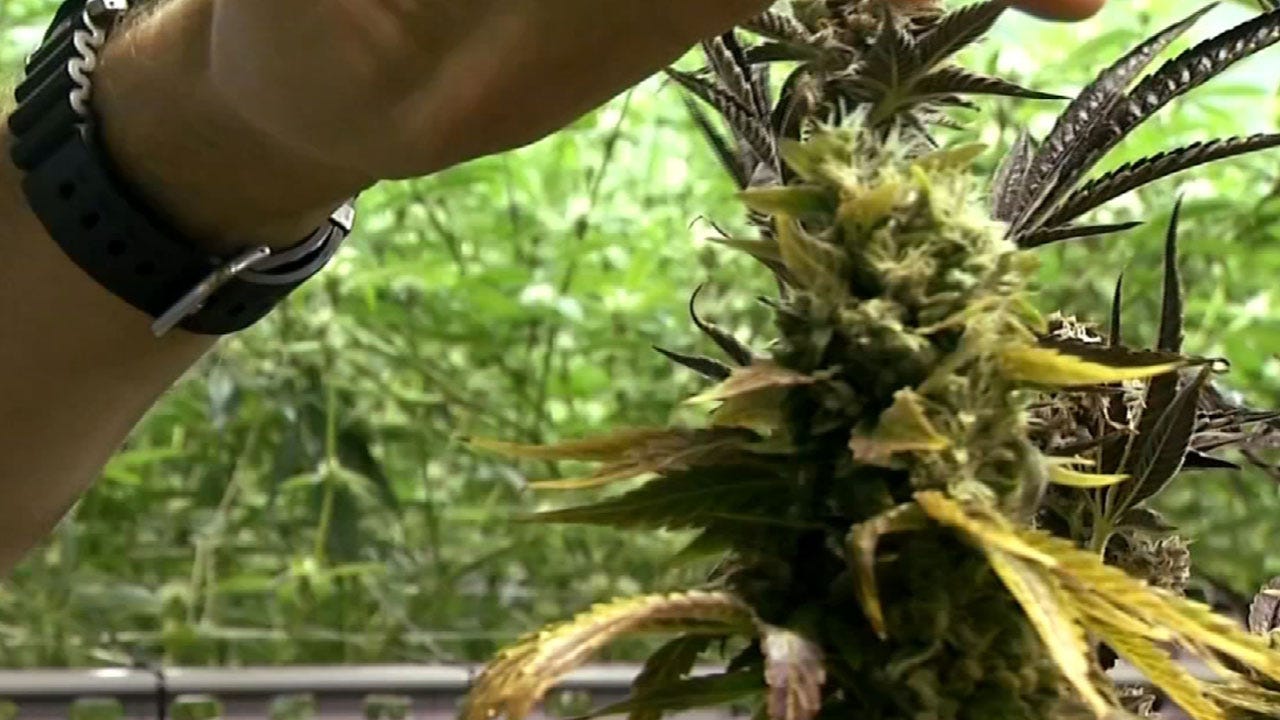Medical Marijuana May Be Legal But Getting Seeds Into The State Isn’t
<p>In the wake of their state’s passage of medical marijuana thousands of Oklahomans have applied for patient and business license.</p>Tuesday, September 18th 2018, 11:05 am
In the wake of the state’s passage of medical marijuana thousands of Oklahomans have applied for patient and business license.
As of Sept. 5, more than 100 applications have been approved, and the licenses have been delivered. But for medical marijuana to flower in the Sooner State, seeds must make their way into Oklahoma and have it be within the law which has proven to be a problematic legal minefield to navigate filled with plenty of questions and few answers.
According to state question 788, which was passed by voters in June, patient license holders are allowed to possess six mature plants, six plants, one ounce of concentrated marijuana, 72 ounces of edible marijuana, eight ounces of marijuana at their residence and three ounces on their person.
The state question does not give a framework for license holders who want to obtain marijuana seeds, placing them, the state and federal agencies in a precarious situation.
Currently, it is illegal to transport marijuana in any form across national or state lines, although law enforcement generally treats transported seeds as a very low priority, opting instead to go after larger busts or offenses with ties to the gang or cartel activity, according to state officials.
“It’s the $64,000 question,” Oklahoma State Department of Health spokesperson Tony Sellars said about how patients and growers will get marijuana into the state. He added that without a defined framework in state law they're unable to do much of anything about how licensees get their marijuana to grow. OSDH has said though they will not be providing seeds.
“No state agency will be supplying seeds. Medical marijuana license holders must determine on their own how to obtain seeds at this point,” the Oklahoma Medical Marijuana Authority said in a tweet Sept. 5.
The Oklahoma Bureau of Narcotics spokesperson Mark Woodward said something similar that OBN was waiting for better instruction from the state and the federal government when it came to seeds. Woodward, who declined to speak on camera, referred News9/Newson6 to the Oklahoma Attorney General’s office to find if there was an official state legal opinion on how Oklahomans should go about buying seeds.
According to the AG’s office, Attorney General Mike Hunter has not issued an opinion about the purchase of seeds from out of state leaving patients, growers and distributors without legal guidance on how to get seeds.
So, News9 turned to the federal government; the US Drug Enforcement Agency. A spokesperson for the DEA said they do not have a comment on seeds and instead referred News9 to the State Department of Health.
Seeds can be bought from growers online, despite federal law. Many grow sites say they sell the seeds as “adult novelty” items which aren’t meant for cultivation and make customers agree the grower isn't legally liable once the seeds reach their destination.
Ultimately, the entire process of obtaining marijuana to grow legally under state law requires an agency at one level or another to turn a blind eye to violate federal law.
“Technically, there's nothing in the state law that's going to hold you back from having a federal schedule 1 drug,” said Chance Gilbert, President of the Oklahoma Cannabis Trade Association. OCTA is made up of 200 different groups and businesses looking to a create a statewide cannabis network in the absence of state guidance.
But that can put dispensaries on uneasy ground as well. Under state law, commercial growers and sellers must keep track of each seed they sell from origin to the point of sale. According to Woodward, it’s to have a record of different strains in case of a disease outbreak, like listeria but it does mean there’s a state registry of those breaking federal law.
“If I were a patient I would put that burden on the grower assuming that they are acquiring the genetics. So, a dispensary front basically,” Gilbert said.
Calls continue to mount for Gov. Mary Fallin to call a special session to clear legal clouds of confusion like this and others but she has repeatedly rebuffed the idea of calling a special session “premature.” In the meantime, a legislative working group and members of a newly formed board of food safety continue to take input from experts and advocates on both sides of the medical marijuana divide hoping to have some plan for when lawmakers return to session in February.
Until then, grow licenses have already begun to be issued and estimates range from eight weeks to six months for viable marijuana to reach the public.
More Like This
September 18th, 2018
January 2nd, 2025
September 29th, 2024
September 17th, 2024
Top Headlines
March 1st, 2025
March 1st, 2025










